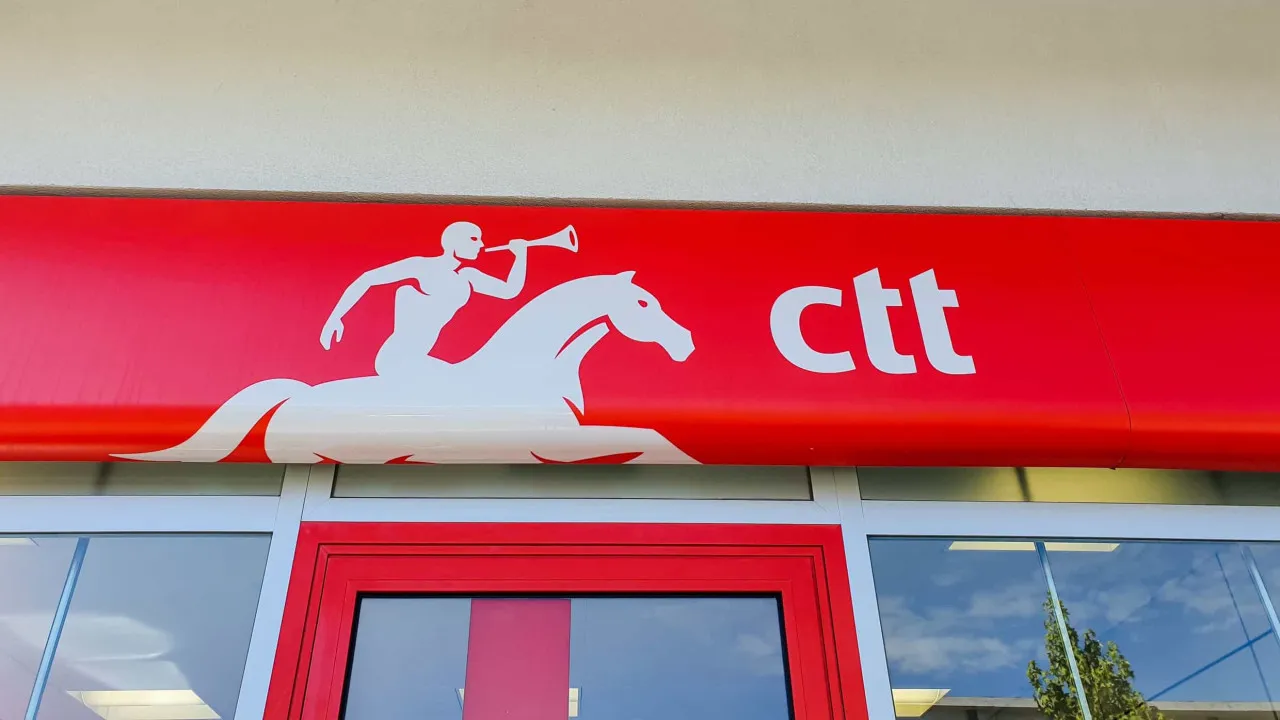
The global geopolitical tensions and the rise in tariffs might adversely affect economic activity in the West African Economic and Monetary Union (UEMOA). Moreover, the suspension of funding from the United States Agency for International Development (USAID) could last beyond the 90 days announced in February, and the African Growth and Opportunity Act (AGOA) might not be renewed, according to S&P analysts, although the impact would be less severe in these countries compared to other regions.
S&P analysts note that “UEMOA countries appear to be less directly exposed to these risks than their peers, with favorable foreign currency reserves, low inflation, and relatively diversified economies, alongside the advantages derived from being part of UEMOA, which serve as a suitable buffer.”
In a report on the economies of UEMOA countries and their preparedness for external shocks, S&P notes that “a slowdown in trade could hamper economic growth,” particularly as USAID funding for infrastructure, healthcare, and humanitarian programs “may be lacking due to the region’s political fragmentation and security threats from armed conflicts in the Sahel,” with uncertainty surrounding the U.S. government’s stance on bilateral agreements under AGOA, which expires this September.
Despite these challenges, the economic bloc established in 1994, comprising Benin, Burkina Faso, Côte d’Ivoire, Guinea-Bissau, Mali, Niger, Senegal, and Togo, “will, on average, outperform its peers until 2027,” with Senegal being the only rated member with a negative outlook due to internal factors.
“We believe that UEMOA as a whole will continue to show strong economic performance between 2025 and 2027, after having grown 5.3% in 2023 and 6.5% in 2024, with inflation reducing to 2.9%, compared to 7.4% in 2022,” S&P analysts indicate, noting that foreign currency reserves “have grown substantially in recent months,” enough in December last year to support 4.7 months of imports.
Enacted in 2000, the AGOA law, which benefits around 30 sub-Saharan countries, is up for renewal in September. Many question its future following the policy shifts initiated by President Donald Trump since his return to the White House, which also included a suspension of USAID funding. This funding manages an annual budget of $42.8 billion (€39.5 billion at the current exchange rate), representing 42% of global humanitarian aid.
S&P provides credit quality opinions on five countries in this community, excluding risk ratings for Guinea-Bissau, Niger, and Mali.




